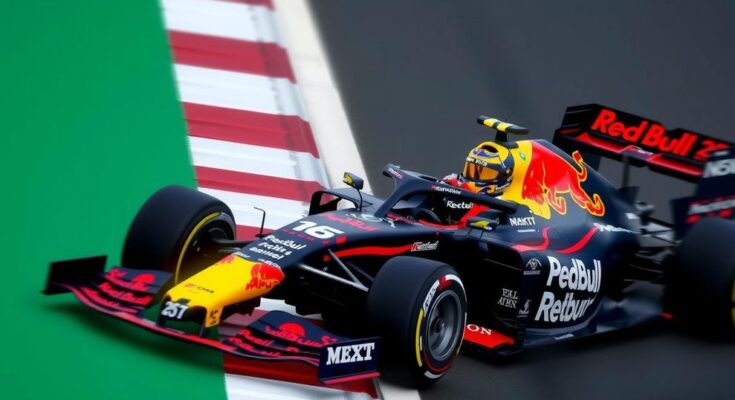Max Verstappen’s Brazilian GP victory has ignited a debate on the biases against him, as articulated by David Coulthard. Coulthard asserts that personal opinions cloud judgment regarding Verstappen’s remarkable abilities. Despite criticism of his aggressive style, Verstappen’s achievements validate his talent and status as a top contender. The conversation expands to include Lando Norris, highlighting the pressures of competing at an elite level in F1.
Max Verstappen’s performance at the Brazilian Grand Prix has sparked a discussion regarding the “prejudice problem” faced by critics of his racing capabilities. David Coulthard, former Formula 1 driver and commentator, posits that personal biases against Verstappen can impair judgment regarding his exceptional talent. Verstappen’s victory from a 17th position start, fueled by strategic decisions from his Red Bull team, exemplifies his skill and resilience. Despite facing criticism for his defensive tactics with the less competitive RB20 car, Verstappen’s success in Brazil serves to reaffirm his status as a formidable contender for the World Championship. Coulthard reflects that similar controversies surrounded racing legends such as Ayrton Senna and Michael Schumacher, stating that acknowledging Verstappen’s achievements while discrediting him personally indicates an inherent bias. Further, Coulthard emphasizes that Verstappen’s drive in Brazil sets a benchmark for other drivers, asserting that any failure to recognize his brilliance stems from prejudice. He compares Verstappen’s situation to the challenges Lando Norris faces as he progresses in his racing career, explaining that Norris is experiencing the pressures of the competitive landscape that champions like Verstappen have navigated. Coulthard underscores the necessity for drivers to adapt to the evolving rules and standards exemplified by their peers. Ultimately, both drivers are on a journey of learning and adapting to the harsh realities of elite motorsport.
The article centers on Max Verstappen, a prominent figure in Formula 1 racing who is on the brink of securing his fourth World Championship title. His recent victory at the Brazilian Grand Prix, achieved from a challenging position, prompts discussions about his driving style and the differing perceptions surrounding his personality. Critics have often voiced opinions regarding Verstappen’s aggressive racing tactics, yet Coulthard argues that these criticisms often stem from personal biases rather than an objective evaluation of his skills. The article illustrates the challenging nature of Formula 1, where personal dynamics and competitive pressures coexist.
In summary, the discussion surrounding Max Verstappen’s talent highlights the impact of personal biases on the perception of his achievements. David Coulthard provides critical insights that challenge the notion that Verstappen’s controversies overshadow his brilliance. As Verstappen prepares for the upcoming races, it is evident that overcoming prejudice and recognizing athletic excellence are vital lessons for both current competitors and fans alike. Ultimately, success in Formula 1 is as much about navigating the competitive landscape as it is about in-car performance.
Original Source: www.planetf1.com




